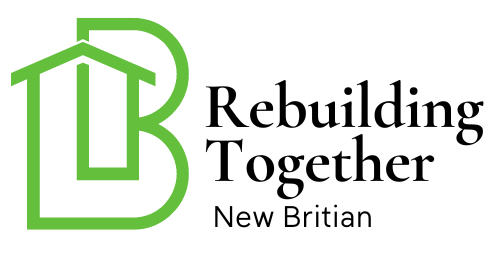Ensuring electrical safety at home is crucial for the well-being of your loved ones and the protection of your property. Many homeowners often overlook the importance of having a safe electrical environment, which can lead to accidents and fires. In this article, we will delve into the various aspects of maintaining electrical safety and provide you with practical tips to create a secure home environment.

Understanding the Importance of Electrical Safety
Why is electrical safety at home so important? The answer lies in the potential risks associated with electricity. Electrical hazards can result in fires, injuries, and even fatalities. By taking proactive measures, you can significantly reduce these risks and ensure a safe living space. It is essential to be aware of the potential dangers and understand how to prevent them.
Common Electrical Hazards in Homes
There are several common electrical hazards that homeowners should be aware of, including:
- Overloaded circuits
- Faulty wiring
- Damaged electrical appliances
- Improper use of extension cords
- Water exposure to electrical devices
Identifying Potential Risks
Identifying potential risks is the first step toward ensuring electrical safety at home. Regular inspections of your home’s electrical system can help you spot issues before they become serious problems. Look for signs such as flickering lights, burning odors, and frequently tripped circuit breakers.
Practical Tips for Ensuring Electrical Safety
Regular Electrical Inspections
Schedule regular electrical inspections by a certified electrician to ensure that your home’s wiring and electrical systems are up to code. This proactive approach can help identify and rectify potential hazards before they escalate.
Use of Outlet Covers and Childproofing
For families with young children, using outlet covers is an excellent way to prevent accidental electric shocks. Childproofing your home by securing outlets and keeping cords out of reach is essential.
Safe Use of Electrical Appliances
Ensure electrical safety at home by using appliances according to the manufacturer’s instructions. Avoid overloading power strips and unplug devices when not in use. Regularly check cords and plugs for damage, and replace them if necessary.
Proper Handling of Extension Cords
Extension cords are convenient but can pose risks if not used properly. Avoid running cords under rugs or furniture, as this can cause them to overheat. Use cords that are rated for the intended use and length, and never connect multiple cords together.
Water and Electricity: A Dangerous Combination
Water and electricity are a hazardous mix. Ensure that all electrical devices are kept away from water sources. Install Ground Fault Circuit Interrupters (GFCIs) in areas like kitchens and bathrooms to prevent electrical shocks.
Creating a Safe Environment for Children
Installing Stove Knob Covers
To prevent curious children from accidentally turning on the stove, consider installing stove knob covers. This simple precaution can significantly reduce the risk of kitchen fires.
Fire Escape Planning
In the event of an electrical fire, having a well-thought-out fire escape plan is essential. Ensure that all family members know the exit routes and practice drills regularly.
Creating a Safe Outdoor Environment
Don’t forget about the outdoor areas when considering electrical safety at home. Use slip-resistant surfaces to prevent accidents and ensure that all outdoor electrical installations are weatherproof and safe.
Educating Family Members About Electrical Safety
The Importance of Awareness
Raising awareness about electrical safety at home among family members is crucial. Discuss potential hazards with your children and educate them on the importance of handling electrical appliances safely.
Teaching Safe Practices
Teach your family members safe practices, such as unplugging appliances when not in use and avoiding the use of electrical devices near water. Encourage them to report any electrical issues immediately.

Frequently Asked Questions
How often should I have my home’s electrical system inspected?
It is recommended to have your home’s electrical system inspected by a qualified electrician every 3 to 5 years, or sooner if you notice any issues.
What should I do if I suspect faulty wiring?
If you suspect faulty wiring, contact a licensed electrician immediately to assess and address the problem. Do not attempt to fix electrical issues yourself.
Are extension cords safe for permanent use?
Extension cords are not intended for permanent use. They should only be used temporarily and in accordance with the manufacturer’s guidelines.
For more information on home safety modifications, check out this external resource.
This article contains affiliate links. We may earn a commission at no extra cost to you.

